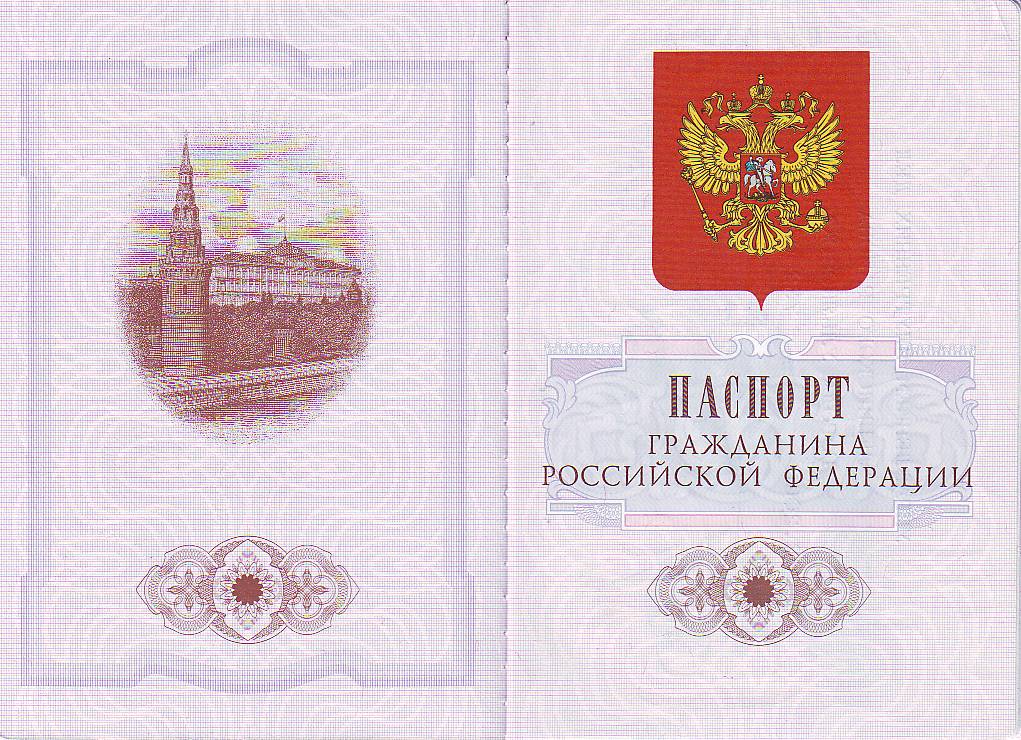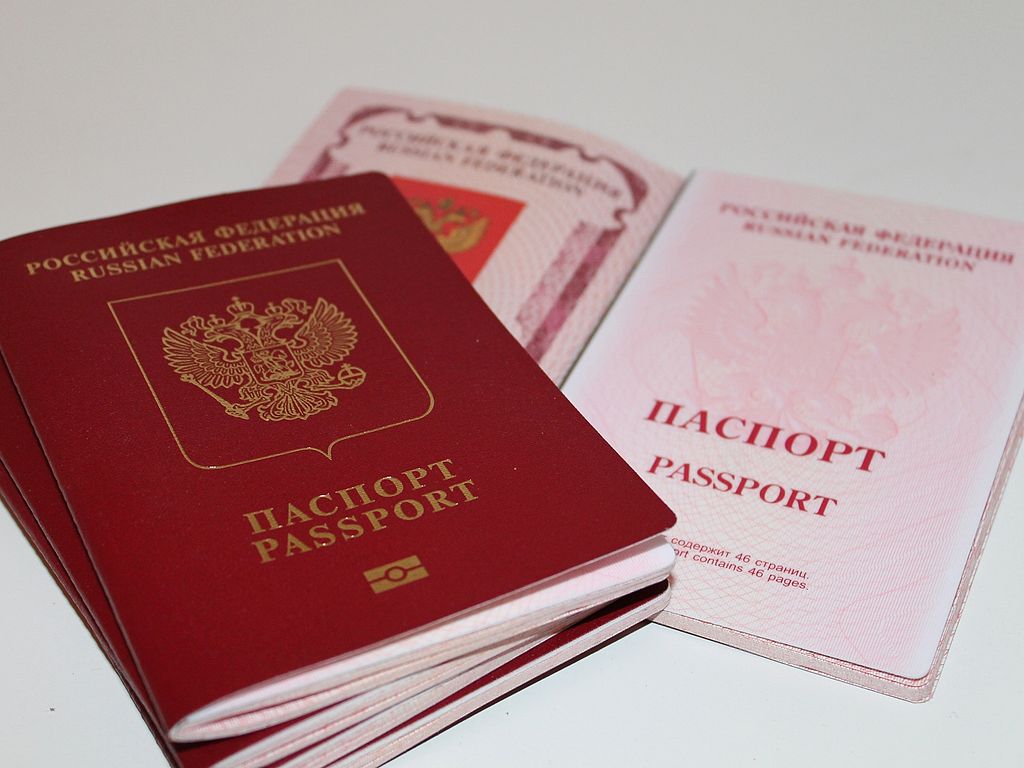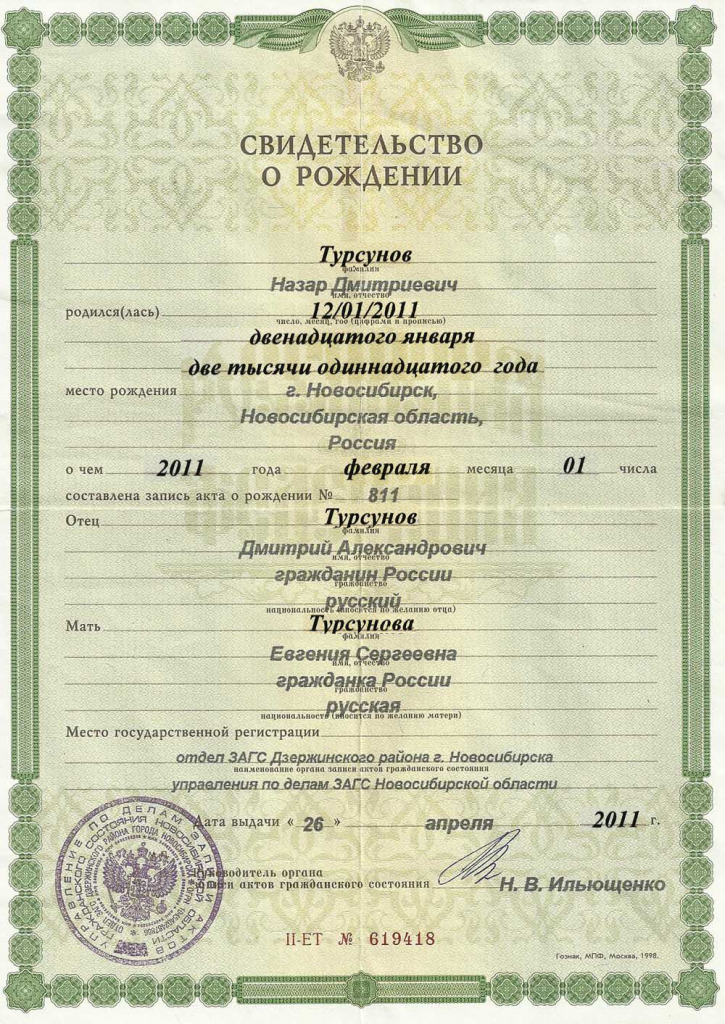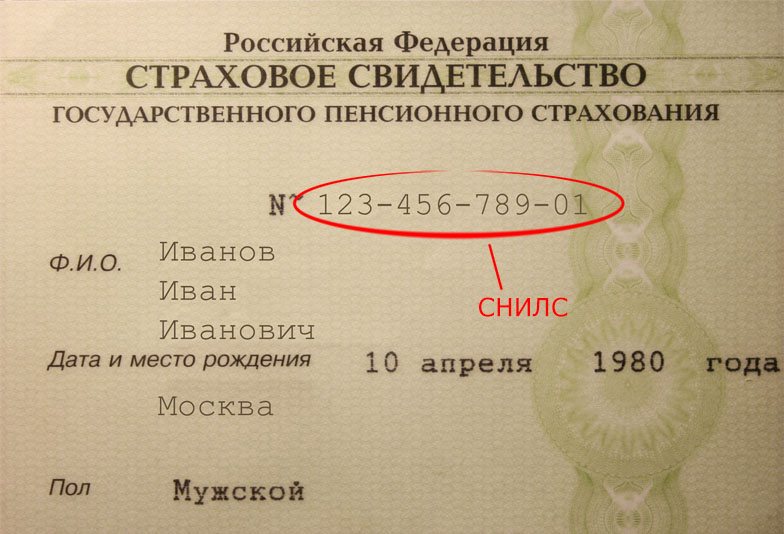Top 5 Russian Personal Documents Posted by Maria on Feb 27, 2020 in Russian life, when in Russia
As I wrote before, life in Russia is a bit more bureaucratic than people in other countries may be used to. There are several documents that people need in order to receive certain legal or social services or even to enter buildings!
1. Па́спорт (National ID)
The word па́спорт literally means “passport,” but it is not the document people use to travel abroad. That document is featured further down. Паспорт, however, is closer to a national ID card. To distinguish it from the “international” passport, it is sometimes called общегражда́нский паспорт or вну́тренний паспорт.
In the tsarist and Soviet era, domestic passports were used to restrict freedom of movement, for example, for peasants, who could not move out of their village without having the proper authorization. Nowadays, passports are used as the main form of ID for proving your age, sometimes for entering buildings that have a checkpoint at the reception, buying a cell phone or SIM card, getting a loan, etc. People get their first passport at 14, and then exchange it twice—at 20 and 45.
2. Загранпа́спорт (Passport)
The document you use to travel abroad is called заграни́чный паспорт or загранпа́спорт for short. You only need this document if you plan to go abroad. This passport is bilingual, similarly to the passports other countries have.
3. Свиде́тельство о рожде́нии (Birth Certificate)
Свиде́тельство о рожде́нии is a birth certificate. It is issued by a registry/vital records office (ЗАГС, which stands for but is rarely spelled out as “за́пись а́ктов гражда́нского состоя́ния,” literally “a record of civil state acts”) based on the initial medical birth certificate granted by the birth hospital.
Birth certificates issued in republics of the former USSR were bilingual in Russian and the local language. Nowadays, Russian birth certificates are printed on stamped/watermarked paper (ге́рбовая бума́га). For children under the age of 14, a birth certificate is the main form of ID. Even for adults, birth certificates are important, for example for inheritance purposes. However, this document is normally kept somewhere safe and not carried with you on a daily basis.
4. СНИЛС
СНИЛС stands for страхово́й но́мер индивидуа́льного лицево́го счёта (Insurance individual account number). Technically, children get this number once their birth certificate is issued. In any case, people need to have one when they start their first job. It is used throughout their life to keep track of the pension/social security contributions deducted from their pay and, eventually, to calculate the size of their pension.
Our American readers will recognize that this system is similar to how a US social security number works. However, in Russia, while this number is sometimes used for some state/official purposes, your internal passport (ID) number is what is used for taking out a loan, applying for other documents, etc. Up until 2019, СНИЛС was a physical laminated card you had to apply for. The cards are still valid but are no longer issued. All records are now electronic, and you can get a physical printout if you need one.
5. По́лис ОМС
ОМС stands for обяза́тельное медици́нское страхов́ание (mandatory health insurance), so по́лис ОМС is your health insurance card (literally, “policy”). This is a plastic card that allows you to receive medical services.
Healthcare in Russia is paid for through taxes and is independent of your employer, although some employers may offer additional coverage as an extra benefit (ДМС, доброво́льное медици́нское страхова́ние—optional health insurance). The quality of Russian healthcare is a separate subject, which we’ve touched upon in this blog. The insurance cards themselves are issued by private insurers, and you can pick which one you get your card from.
How does it work where you live? What is indispensable? Driver’s licen[s/c]e (води́тельское удостовере́ние, colloquially права́)? Something else?

Build vocabulary, practice pronunciation, and more with Transparent Language Online. Available anytime, anywhere, on any device.







